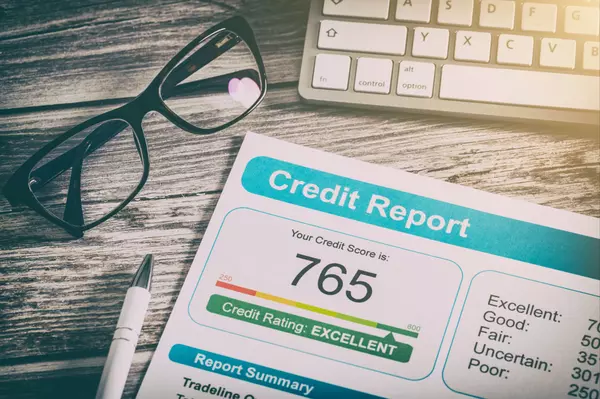
Blueprint to Bricks: Widow Walks
Today, we’re exploring an iconic architectural detail known as the "Widow's Walk"—also called a widow’s watch, roofwalk, captain’s watch, or captain’s walk. Since the 19th century, it’s been romantically linked to the idea of sailors' wives watching the horizon for their loved ones’ return from sea.

Selling A House with Tenants
It's stressful being a landlord at the best of times, but when the time comes for you to sell your investment property and move on, the stress can feel palpable. You've probably spent time getting to know your tenants and have built a relationship with them, and most humans don't deal with change al

Become A Solo Mortgage Mogul
When you were growing up, there were probably certain milestones that you imagined you would reach in your adult life that would be momentous and important. Falling in love and getting married are on that list of milestones for most people, as is the dream of one day owning your own home. As the age
Categories
Recent Posts










